#william dalrymple
Text
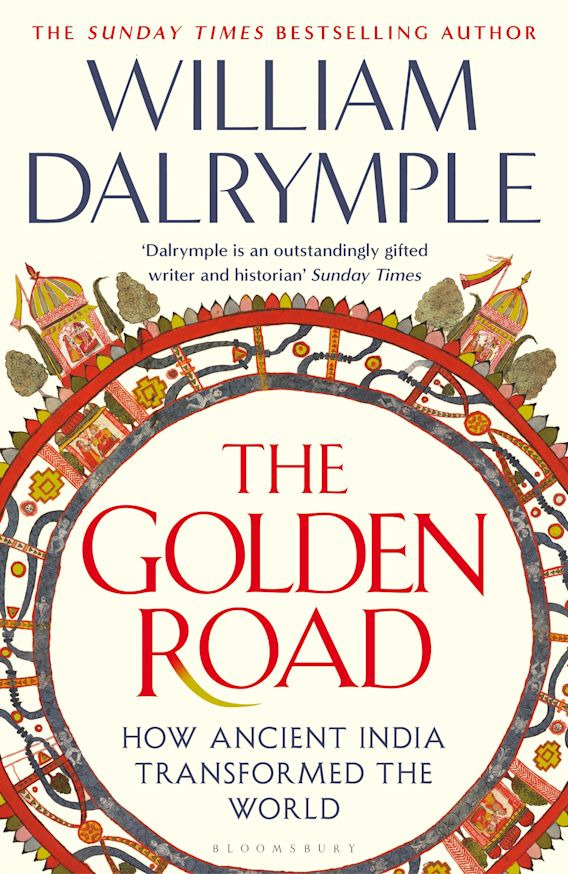
You all have no idea how much I'm waiting for this book, and there's a REASON I named the giant road through Tales of Tremaine, The Golden Road, and get into India's influence along the Silk Road - and, you'll be surprised to learn there were many mini branches off/of the Silk Road. The Jade Way/Porcelain Road, you had a full maritime Silk Road (seriously), a Salt Road. So many that specialized on certain things and you could quite literally make an entire life being a specialized bandit along those ways. But, anyways, yeah, I'm so looking forward to this. Idk what I have to do for the publisher to get me an arc cuz...I want this now.
#The Golden Road#India#India influence#jade way#porcelain road#salt road#silk road#the silk road#William Dalrymple#ancient India#ancient world#ancient trade#new books#writers on tumblr#writerscommunity#writers and writing#books#non fiction#nonfiction#new nonfiction#books i can't wait for#can't wait#i want it now#book club#bookworm#book recommendation
3 notes
·
View notes
Text
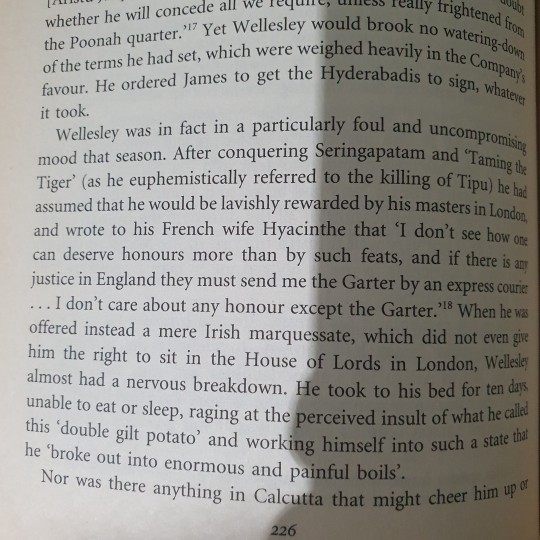
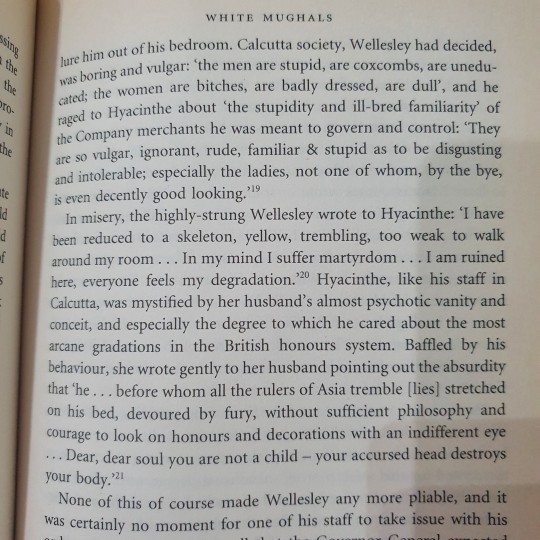
Wow good thing he didn't actually suffer a nervous breakdown and instead just spent a fortnight in bed screaming about golden potatoes and calling everyone in India a basic bitch until he turned into a skeleton covered in boils.
(From White Mughals by William Dalrymple, pp 226-227)
2 notes
·
View notes
Text
Wahhh one of my favorite nonfiction writers signed FIVE books for me and I got to chat with him for a bit I love lit fest so much
2 notes
·
View notes
Text
"Inside, beyond the entrance hall, lay the main administrative block: a warren of rooms whose shelves groaned with scrolls, archives, records and registers, and where toiled 300 clerks, notaries, and accountants scribbling figures into vast leather-bound ledgers."
- The Anarchy, William Dalrymple
A description of the East India Company Headquarters circa 1730s.
1 note
·
View note
Text
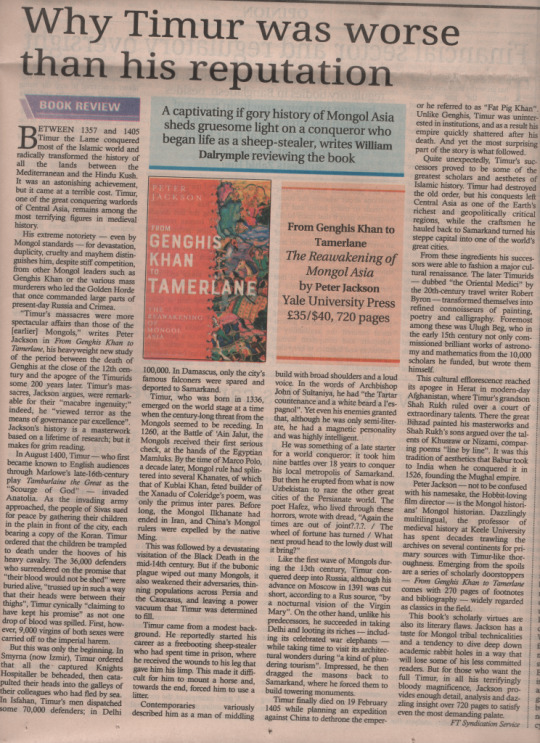
Why Timur was worse than his reputation
#tamerlane#mongol asia#from genghis khan to tamerlane#peter jackson#william dalrymple#ft syndication service#financial express#history#timur
0 notes
Text
Called “cursed” by those whose lives have been plagued by misfortune since acquiring the stones, you would think this would make people averse to owning them, but quite the contrary!
#cursed#gemstones#diamond#koh i noor#India#Queen Victoria#Crown Jewels#Tower of London#anita anand#William Dalrymple#Shah Jahan#The peacock throne#Ahmad Shah Lahore#The Mughal Empire#Nader Shah#British East India Company#Ranjit Singh#Prince Albert#Duleep Singh#Treaty of Lahore
0 notes
Text

Just finished this. A super-breezy read that straddles mythology, history, storytelling and a bit of geology. Also, this whole story is super Bollywood- twists, turns, debauched kings (did you know there are eyewitness accounts of Ranjit Singh, yes *that* Ranjit Singh, doing the dirty in public on an elephant? With a lady too, haww) courtesans with hearts of gold, torture - the whole shebang.
Super entertaining. Highly recommended.
#books and literature#reading#william dalrymple#anita anand#non fiction#history#india#indian history#pakistan#pakistan history#england#colonialism#kohinoor#diamond#jewels
1 note
·
View note
Text
Following the success of Edward Said’s groundbreaking work Orientalism, a school of criticism has attempted to apply Said’s ideas to the whole range of colonial writings and art. Some of these applications have proved more suitable than others, and there sometimes seems to be an assumption at work in academia – especially in the US – that all writings of the colonial period exhibit the same sets of prejudices: a monolithic, modern, academic Occidentalism which seems to match uncannily the monolithic stereotypes perceived in the original Orientalism.
1 note
·
View note
Text
“…but four centuries before neurochemistry was even thought of, and before any of the touted advances in neurosciences that allegedly gave us a new and better understanding of ourselves, Shakespeare knew something that we are increasingly loath to acknowledge.
There is no technical fix for the problems of humanity.
Those problems, he knew, are ineradicably rooted in our nature; and he atomized that nature with a characteristic genius never since equaled: which is why every time we moderns consult his works, we come away with a deeper insight into the heart of our own mystery.”
— Theodore Dalrymple
#truth#facts#reality#face reality#Theodore Dalrymple#shakespeare#william shakespeare#wisdom#there is nothing new under the sun#ecclesiastes#we need something more than making up new words#the failure of ideology#limits of technique#need something higher#real life#humility#go back to go forward#modernism#wisdom of the elders#go to the roots#mere progress is not truth#new ideas are sometimes bad ideas rejected long ago
23 notes
·
View notes
Text
North Dakota Governor DILFs




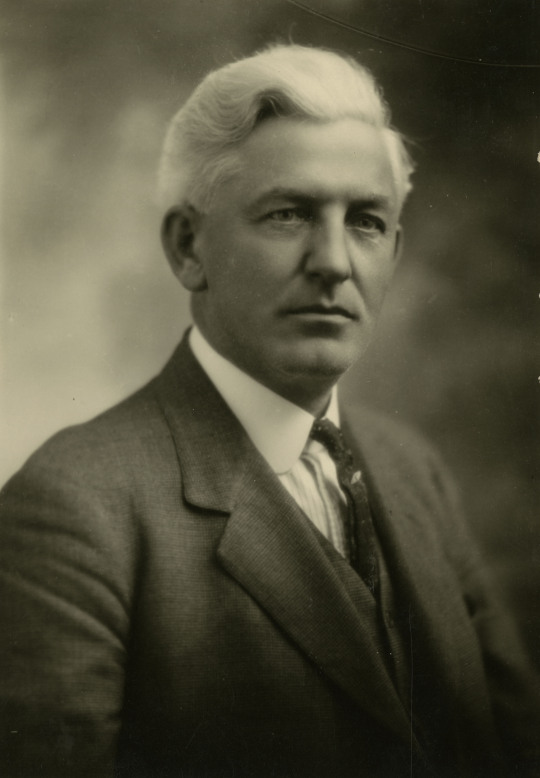


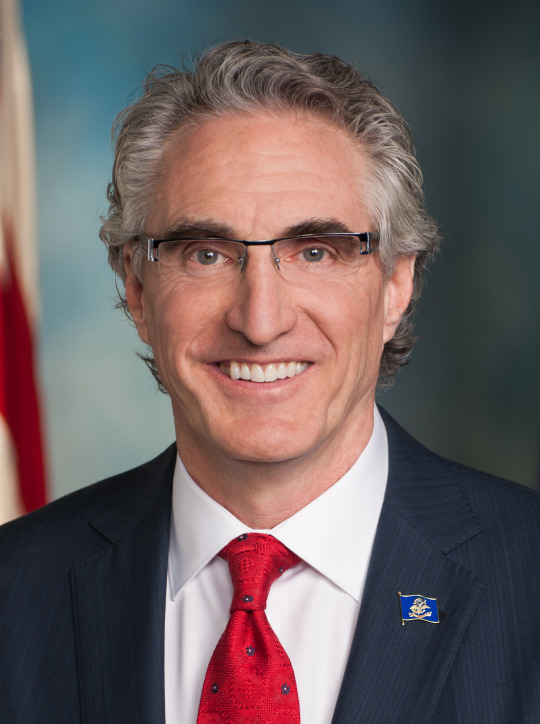

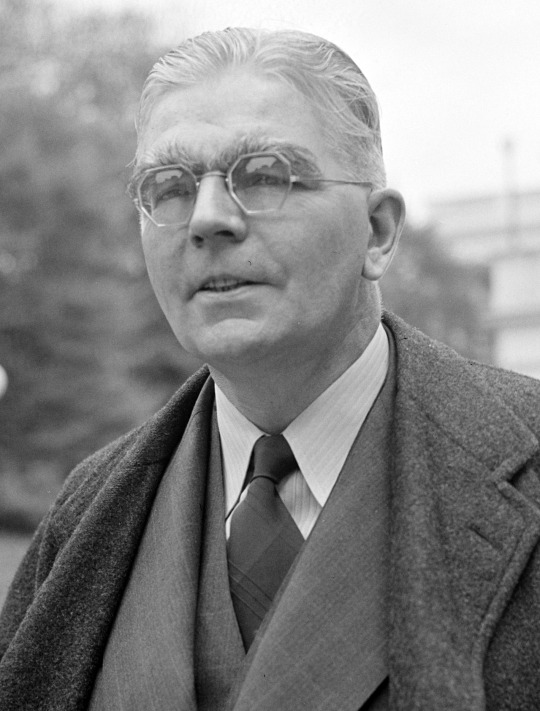
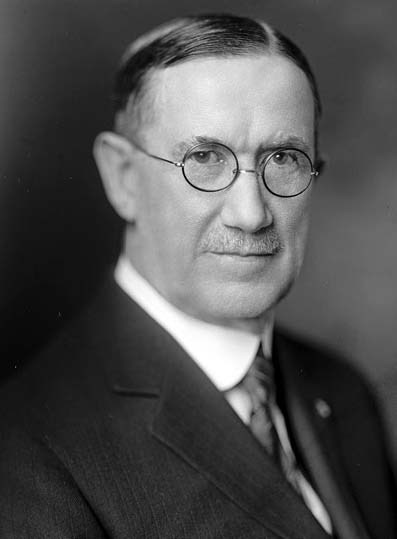
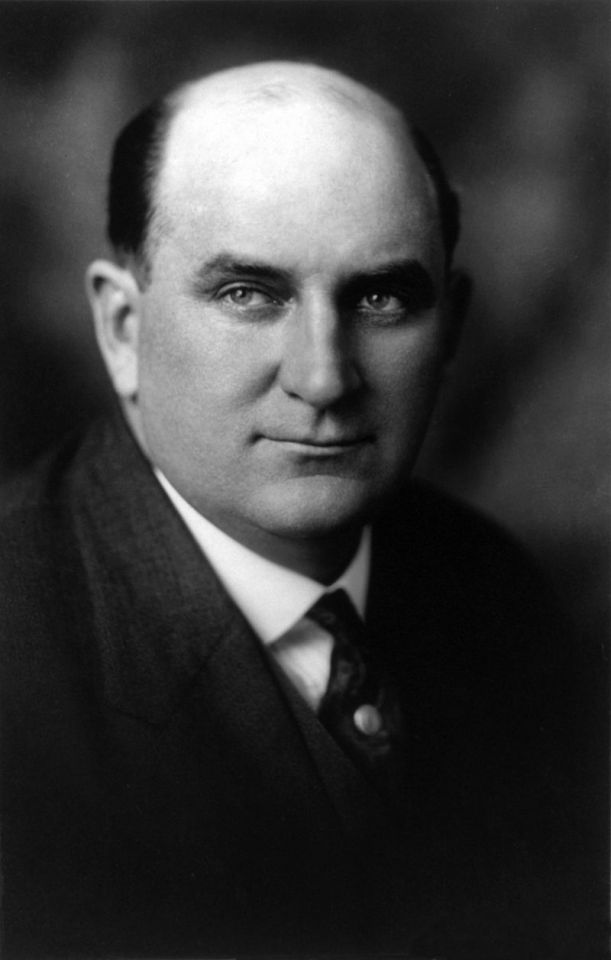


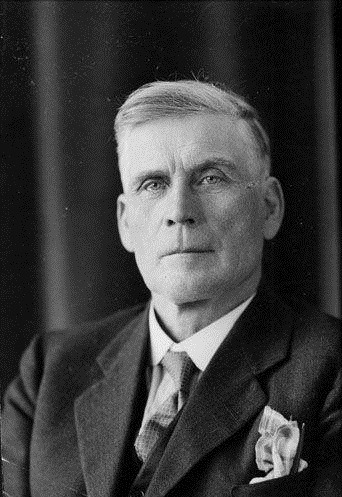


Fred G. Aandahl, George A. Sinner, Arthur A. Link, Norman Brunsdale, Arthur G. Sorlie, Jack Dalrymple, Ed Schafer, Doug Burgum, Allen I. Olson, John Moses, L. B. Hanna, Lynn Frazier, Ole H. Olson, John Hoeven, Walter Welford, William L. Guy, William Langer
#Fred G. Aandahl#George A. Sinner#Arthur A. Link#Norman Brunsdale#Arthur G. Sorlie#Jack Dalrymple#Ed Schafer#Doug Burgum#Allen I. Olson#John Moses#L. B. Hanna#Lynn Frazier#Ole H. Olson#John Hoeven#Walter Welford#William L. Guy#William Langer#GovernorDILFs
12 notes
·
View notes
Text
Today in Christian History

Today is Friday, December 2nd, the 336th day of 2022. There are 29 days left in the year.
Today’s Highlight in History:
1381: Death of Jan Van Ruysbroek, “the Ecstatic Doctor,” so called because of his mysticism. He had written The Spiritual Espousals (1350), a commentary on Matthew 25:6: “Behold, the bridegroom comes,” which will influence contemporaries such as John Tauler and Gerard Groote, and later writers such as Thomas à Kempis.
1697: Dedication of St. Paul’s Cathedral in London, designed by Christopher Wren. It replaces a medieval cathedral that had burned in the Great Fire of 1666. The Right Reverend Henry Compton, Bishop of London, preaches the dedication sermon based on Psalm 122: “I was glad when they said unto me: Let us go into the house of the Lord.”
1751: A Consistory of the Dutch Reformed Church writes with frustration from Colombo, Ceylon (Sri Lanka), complaining that Roman Catholicism has greatly increased, despite severe penalties meted out by Dutch governors.
1873: After years of struggle, Frances Havergal, Christian singer, sees the importance of complete Christian surrender “as a flash of electric light,” and makes it.
1906: The first of Paulo Mwamribwa’s pupils are baptized in Digoland, Tanzania (formerly Tanganyika). He had founded the first indigenous Protestant mission school in the Gombero area.
1910: Death in Richmond, Virginia, of Bishop Channing Moore Williams, who had served as an Episcopal missionary in the Far East, founding a divinity school in Japan.
1916: The Suwa Maru docks at Kobe carrying missionary Irene “Sensei” Webster-Smith, who will later rescue Geisha children and convert Japanese war criminals.
1947: Death of Alexis Kabaliuk, Apostle of Carpatho-Russia, who had played a major role in reviving the Orthodox Church in Transcarpathia (a region on the western edge of the Ukraine) in the early twentieth century despite persecution by Austrian-Hungarian authorities.
1948: Romania’s Official Gazette #281 publishes a decree transferring Uniate church property to the Romanian State without compensation.
1994: Death of Sir James Norman Dalrymple Anderson, a legal scholar and missionary to Islamic regions.
#Today in Christian History#December 2#Death of Alexis Kabaliuk#death of Bishop Channing Moore Williams#Death of Sir James Norman Dalrymple Anderson#Death of Jan Van Ruysbroek#Dedication of St. Paul’s Cathedral in London
5 notes
·
View notes
Text
i think if you live in a country for 20 years you should learn the language of where you’re living like is that really too much to ask. if it’s just a few whatever. fine. but TWENTY????? twenty years and with the original purpose of studying the country’s history???? and all you speak is english…… fuck off!
#vagueposting but for historians#anyway im not gonna vaguepost his name is#william dalrymple and he lived in india for 20 years !!!!!!!! maybe still does idk and studies the impact of colonialism and imperialism on#india specifically 2 do with the east india company and like. still cant be fucked to learn one indian language???????#like how fucked is that. sir u are a white scottish man. in india. learn a fucking language#and like LISTEN i can only speak english (<- going 2 remedy this) but i am nineteen and not studying a culture that isnt mine????
6 notes
·
View notes
Text
Podcasts on the Sykes-Picot Agreement and the Balfour Declaratoin
#Empire Podcast#Israel#Palestine#Palestinian History#British History#Israeli History#Sykes-Picot Agreement#Balfour Declaration#William Dalrymple#Anita Anand#Spotify
0 notes
Text
Experiencing the Splendor of New England Fall Colors at Roger Williams Park in Providence, RI
As autumn arrives, nature paints landscapes with vibrant hues of red, orange, and gold, transforming ordinary scenes into breathtaking panoramas. One such place where fall foliage and colors unfold in all their glory is Roger Williams Park in Providence, Rhode Island. This sprawling urban oasis not only boasts picturesque foliage but also features landmarks that add a touch of history and charm…
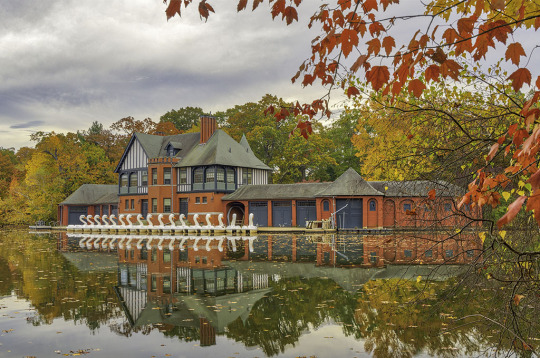
View On WordPress
#artwork#autumn colors#autumn foliage#Bandstand#beautiful#Betsy Williams Cottage#bridge#canvas#Carousel Village#cascade#cascades#Clark Dalrymple Boat House#Cunliff Lakeleaf#fall colors#fall foliage#fall foliage photography#founder of Rhode Island#fountains#framed prins#image licensing#images#iron bridge#Japanese Gardens#landmarks#landscape photography#leaves#Lover&039;s Retreat Bridge#Lovers Retreat Bridge#metal prints#New England Fall Colors
1 note
·
View note
Text
Von den Spuren Marco Polos bis zu dem Traumziel, das er noch nicht gesehen hat – der Autor William Dalrymple erzählt uns von den Reisen, die ihn verändert haben
William Dalrymple wurde 1965 in Schottland geboren. Im Alter von 22 Jahren machte er sich auf den Weg, um zu Fuß dem Hinweg Marco Polos von Jerusalem in die Mongolei zu folgen. Die Reise inspirierte In Xanadu, den hochgelobten Bestseller, der den Beginn einer langen und illustren Karriere markierte.
Seitdem hat Dalrymple den Duff Cooper Memorial Prize, den Young British Writer of the Year Award der Sunday Times, den Hemingway Prize, den Kapuściński Prize und den Wolfson Prize gewonnen.
Zuletzt veröffentlichte er The Anarchy, eines der besten Bücher von Barack Obama 2019, sowie das Buch des Jahres der Financial Times, des Observer, des Daily Telegraph, des Wall Street Journal und der Times. Hier erzählt er uns von der Reise, die ihn verändert hat.
Welche Region oder Reise hat Sie am meisten beeindruckt?
Mit 18 verbrachte ich ein Jahr mit dem Rucksack durch Indien. Damals waren Schottland und North Yorkshire die Grenzen meiner Sicht und plötzlich war ich in Indien. Es war ein kompletter Blitzeinschlag.
Die Menschen waren seltsam, das Klima war seltsam, die Geschichte war faszinierend, aber seltsam – aber sie war auch sehr zugänglich. Die Leute sprachen Englisch und vieles war vertraut. Sie wandten sich einem Fernseher zu, und er zeigte To The Manor Born.
Natürlich ist es nie einfach, sich in Indien zu verlieben. Es nervt in vielerlei Hinsicht: Stromausfälle, bürokratische Verschleierung, Staus, schrecklicher Monsun, Überschwemmungen, aber langweilig wird es nie. Es ist immer interessant. Ich habe mich verliebt und lebe seitdem in und außerhalb von Delhi.
Hast du noch ein großes Traumziel, das du nicht erreicht hast?
Nein, kein großes Traumziel, aber eine lange Liste von Orten, die ich sehen möchte. In der östlichen Hälfte der Welt sehne ich mich danach, Borobudur zu sehen.
Ich interessiere mich auch sehr für die Sanskritisierung Südostasiens. Um 100 v. Chr. übernahmen all diese Königreiche in ganz Südostasien – im heutigen Thailand, Vietnam, Laos, Kambodscha – Sanskrit und nahmen Sanskrit-Namen und -Mythologien an. Das Ramayana wurde ihre Geschichte und das geschah ohne Eroberung. Ich möchte losgehen und darüber schreiben.
Pambudi Yoga Perdana/Shutterstock Borobudur in Indonesien
Reiseführer oder nicht Reiseführer?
Ich bin ein großer Ratgebernutzer. Sie können losziehen und Ihre eigenen Pläne machen, aber ich denke, es ist sehr wichtig, einen Reiseführer mitzubringen.
Sind Sie Planer oder Schaulustiger?
Ich bin ein flexibler Planer. Ich habe eine vage Vorstellung davon, was ich tun möchte, aber dann komme ich oft aus dem Ruder.
Was war Ihr wichtigstes Reiseerlebnis?
Meine Reise, die zu In Xanadu wurde, per Anhalter von Jerusalem in die äußere Mongolei. Darin enthalten ist die Passage auf dem Karakoram Highway in Pakistan von Islamabad bis nach Kashgar, die jetzt viel schwieriger zu bewerkstelligen ist. Es war, als würde Cortés Mexiko entdecken – einfach absolut umwerfend in jeder Phase.
Ich war mit all diesen bärtigen Mudschaheddin in einem Pickup unterwegs. Das sind genau die Typen, denen man meilenweit davonläuft oder sich vorstellt, dass sie einen entführen werden, aber sie hätten nicht freundlicher oder großzügiger sein können. Sie waren die charmantesten, freundlichsten und gastfreundlichsten Gastgeber, die mich kostenlos auf den Highway gebracht haben.
Schließlich, warum reisen?
Weil es eine der großen Erfahrungen des Lebens ist. Es ist da oben mit dem besten Sex, den Sie haben werden, den besten Mahlzeiten, die Sie jemals essen werden, oder dem Sprung aus einem Flugzeug. Keine Frage, es ist eines der Dinge, die im Leben am meisten Freude bereiten. Es ist dort oben mit nur zwei oder drei anderen Dingen, die Sie tun können.
In The Anarchy, seinem bisher ehrgeizigsten und fesselndsten Buch, erzählt William Dalrymple die
Geschichte der East India Company, wie sie noch nie zuvor erzählt wurde, und entfaltet eine zeitgemäße warnende Geschichte der ersten globalen Konzernmacht.
Hauptbild: Boris Stroujko/Shutterstock
.
0 notes
Text
youtube
By: Douglas Murray
Published: Feb 24, 2024
Like a number of ‘anti-colonialists’, William Dalrymple lives in colonial splendour on the outskirts of Delhi. The writer often opens the doors of his estate to slavering architectural magazines. A few years ago, one described his pool, pool house, vast family rooms, animals, cockatoo ‘and the usual entourage of servants that attends any successful man in India’s capital city’.
I only mention Dalrymple because he is one of a large number of people who have lost their senses by going rampaging online about the alleged genocide in Gaza. He recently tweeted at a young Jewish woman who said she was afraid to travel into London during the Palestinian protests: ‘Forget 30,000 dead in Gaza, tens of thousands more in prison without charge, five MILLION in stateless serfdom, forget 75 years of torture, rape, dispossession, humiliation and occupation, IT’S ALL ABOUT YOU.’ It is one thing when a street rabble loses their minds. But when people who had minds start to lose them, that is another thing altogether.
I find it curious. By every measure, what is happening in Gaza is not genocide. More than that – it’s not even regionally remarkable.
Hamas’s own figures – not to be relied upon – suggest that around 28,000 people have been killed in Gaza since October. Most of the international media likes to claim these people are all innocent civilians. In fact, many of the dead will have been killed by the quarter or so Hamas and Islamic Jihad rockets that fall short and land inside Gaza.
Then there are the more than 9,000 Hamas terrorists who have been killed by the Israel Defence Forces. As Lord Roberts of Belgravia recently pointed out, that means there is fewer than a two to one ratio of civilians to terrorists killed: ‘An astonishingly low ratio for modern urban warfare where the terrorists routinely use civilians as human shields.’ Most western armies would dream of such a low civilian casualty count. But because Israel is involved (‘Jews are news’) the libellous hyperbole is everywhere.
For almost 20 years since Israel withdrew from Gaza, we have heard the same allegations. Israel has been accused of committing genocide in Gaza during exchanges with Hamas in 2009, 2012 and 2014. As a claim it is demonstrably, obviously false. When Israel withdrew from Gaza in 2005, the population of the Strip was around 1.3 million. Today it is more than two million, with a male life expectancy higher than in parts of Scotland. During the same period, the Palestinian population in the West Bank grew by a million. Either the Israelis weren’t committing genocide, or they tried to commit genocide but are uniquely bad at it. Which is it? Well, when it comes to Israel it seems people don’t have to choose. Everything and anything can be true at once.
Here is a figure I’ve never seen anyone raise. It’s an ugly little bit of maths, but stay with me. If you wish, you might add together all the people killed in every conflict involving Israel since its foundation.
In 1948, after the UN announced the state, all of Israel’s Arab neighbours invaded to try to wipe it out. They failed. But the upper estimate of the casualties on all sides came to some 20,000 people. The upper estimates of the wars of 1967 and 1973, when Israel’s neighbours once again attempted to annihilate it, are very similar (some 20,000 and 15,000 respectively). Subsequent wars in Lebanon and Gaza add several thousands more to that figure. It means that up to the present war, some 60,000 people had died on every side in all wars involving Israel.
Over the past decade of civil war in Syria, Bashar al-Assad has managed to kill more than ten times that number. Although precise figures are hard to come by, Assad is reckoned to have murdered some 600,000 Arab Muslims in his country. Meaning that every six to 12 months he manages to kill the same number as died in every war involving Israel ever.
There are lots of reasons you might give to explain this: that people don’t care when Muslims kill Muslims; that people don’t care when Arabs kill Arabs; that they only care if Israel is involved. Allow me to give another example that is suggestive.
No one knows how many people have been killed in the war in Yemen in recent years. From 2015-2021 the UN estimated perhaps 377,000 – ten times the highest estimate of the recent death toll in Gaza. The only time I’ve heard people scream on British streets about Yemen has been after the Houthis started attacking British and American ships in the Red Sea and the deadbeat idiots on the streets of London started chanting: ‘Yemen, Yemen, make us proud, turn another ship around.’ Because like all leftists and Islamists there is no terrorist group these people can’t get a pash on, so long as that terrorist group is against us.
I often wonder why this obsession arises when the war involves Israel. Why don’t people trawl along our streets and scream by their thousands about Syria, Yemen, China’s Uighurs or a hundred other terrible things? There are only two possible conclusions.
The first is a journalistic one. Ever since Marie Colvin was killed it became plain that western journalists were a target in Syria. Not eager to be the target, most journalists hotfooted it out of the country. Some who didn’t fell into the hands of Isis. Israel-Gaza wars by contrast do not have the same dynamic and on a technical level the media can applaud itself for reporting from a warzone where they are not the target.
But I suspect it is a moral explanation which explains the situation so many people find themselves in. They simply enjoy being able to accuse the world’s only Jewish state of ‘genocide’ and ‘Nazi-like behaviour’. They enjoy the opportunity to wound Jews as deeply as possible. Many find it satisfies the intense fury they feel when Israel is winning.
Like being fanned on your veranda while lambasting the evils of Empire, it is a paradox, to be sure. But it is also a perversity. And it doesn’t come from nowhere.
==
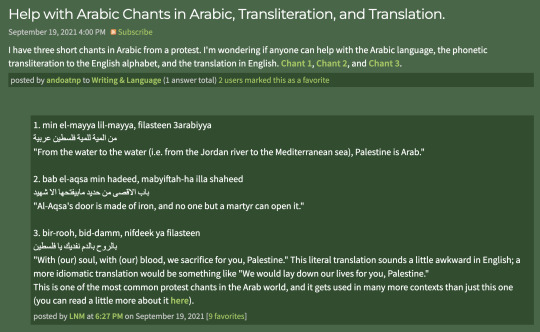
"From the water to the water, Palestine is Arab."
This is the actual genocide.
#Douglas Murray#Israel#hamas terrorism#hamas terrorists#palestine#palestinians#genocide#ethnic cleansing#israel genocide#gaza genocide#palestinian genocide#genocide myth#antisemitism#genocide lie#religion is a mental illness
58 notes
·
View notes